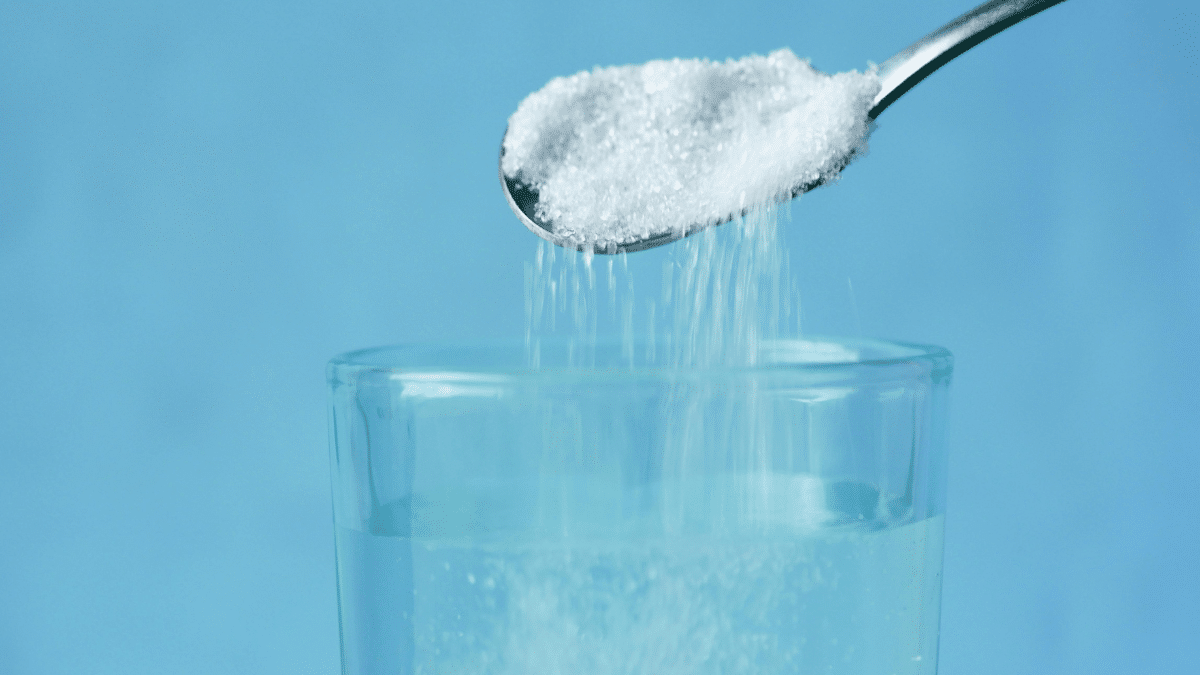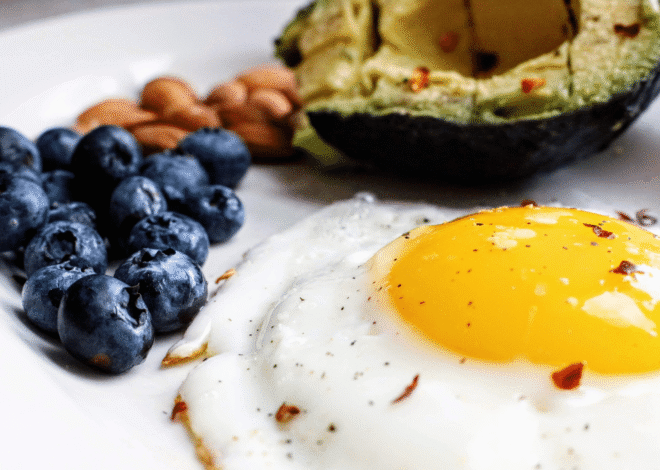
Should you avoid artificial sweeteners? • Stronger by Science
[ad_1]
Artificial sweeteners – now often referred to as non-nutritive sweeteners in the research – have long sparked debate in both the general public and in the scientific community. Are they a safer alternative to sugar-sweetened foods/beverages, or are they innocuous and potentially beneficial for dietary adherence?
Many concerns have been raised in relation to artificial sweeteners, ranging from cardiovascular disease, food cravings, to type 2 diabetes risk/glycemic control and the gut microbiome.
Perhaps the most serious concern around artificial sweeteners is that they could increase risk of chronic disease or even all-cause mortality. Typically, this concern is raised on the basis of observational research, showing associations between artificial sweetener consumption and obesity, diabetes, or cardiovascular disease (e.g. this study).
Notably, however, this is likely a case of reverse causation. Individuals suffering from obesity, diabetes, or cardiovascular disease are more likely to seek out consumption of artificial sweeteners as a replacement for sugar-sweetened foods/beverages, skewing the association.
To strengthen this argument, randomized controlled trials, which are better-equipped to establish a potential causal link between artificial sweeteners and adverse outcomes, generally show little-to-no detriment.
For example, a 2022 meta-analysis by McGlynn et al included 17 randomized controlled trials lasting 3-52 weeks and found that artificial sweeteners led to reduced bodyweight, BMI, bodyfat percentage, and liver fat compared to sugar-sweetened beverages. On the flip side, no negative impact was found on metabolic health, cardiovascular health markers such as blood pressure or lipid profiles, or mortality risk.
Likewise, a 2020 review by Pang et al concluded that artificial sweeteners appear to have a neutral-to-beneficial effect on bodyweight and glycemic control in the long run.
Another commonly raised concern is that artificial sweeteners could increase food cravings and appetite. The thinking goes that artificial sweeteners elicit the “sweet” flavour response, without the actual calories. So, this increases hunger and cravings, leading to increased calorie intake. While some acute studies have found that an increased hunger response might mechanistically occur in response to artificial sweetener consumption, meta-analyses of randomized controlled trials still typically find that artificial sweetener consumption tends to result in similar or decreased calorie consumption, not increased (1, 2).
But, what about the gut microbiome? This is a relatively new area of research, particularly as it pertains to the impact of artificial sweeteners. A recent study by Thomson et al examined this research question. Participants were administered either a placebo capsule or a sucralose capsule for seven days. Their microbiome profiles were assessed before and after this supplementation period. Notably, the dose of sucralose consumed was 780mg/day, or the equivalent of around 15-25 diet sodas per day. In short, there was no evidence of sucralose consumption causing alterations in the gut microbiome. Unfortunately, human research on the effects of various sweeteners on the gut microbiome remains in its infancy, with limited research available.
So, based on the randomized controlled trial research available, we can claim with decent confidence that replacing traditional, sugar-sweetened beverages/foods with artificially sweetened beverages/foods will likely have a neutral-to-beneficial effect on your overall health.
However, you might have objections. After all, no one is arguing that sugar-sweetened beverages are beneficial to your health, either. So, while artificial sweeteners might be preferable to sugar-sweetened foods/beverages, that doesn’t mean that including artificial sweeteners in your diet isn’t still causing harm when compared to avoiding both artificial sweeteners and sugar-sweetened foods/beverages.
Fortunately, the previously mentioned meta-analysis by McGlynn et al also analyzed comparisons of randomized controlled trials comparing consumption of artificially sweetened beverages and water. Substituting water with artificially sweetened beverages resulted in no significant weight change, no meaningful changes in BMI, bodyfat, or liver fat. That said, an uncertain, small negative effect on HbA1C was noted (+0.21%, 95% CI 0.02%–0.40%), and a small, positive effect on systolic blood pressure was noted (–2.63 mmHg, 95% CI –4.71 to –0.55 mmHg). That said, given the low number of studies, these effects should be viewed cautiously.
One important caveat is in order: while we lump sweeteners together as being “artificial” or “non-nutritive,” there are many types of sweetener. We cannot necessarily assume that they are all equivalent in their effects on health. To be clear, until more evidence is available on different types of sweeteners, a definitive answer cannot be provided.
So, should you avoid artificial sweeteners?
All things considered, the evidence suggests that artificial sweeteners are neither harmful nor beneficial. When used to replace sugar-sweetened foods and drinks, they appear to have neutral to beneficial effects on body weight, glycemic control, and cardiovascular risk factors. Concerns about cravings, the gut microbiome, and long-term health risks have not been substantiated in randomized controlled trials, and many observational associations are likely confounded by reverse causation. Even when compared directly to water, artificially sweetened beverages generally lead to clinically similar outcomes. So, unless you’re personally intolerant or simply prefer to avoid them, there’s no strong scientific reason to cut artificial sweeteners from your diet. And for many people, they can be a practical tool for supporting dietary adherence and long-term health goals.
[ad_2]
Source_link
![]()


